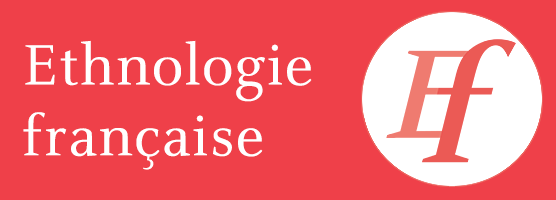A Fragile Alliance. Sigurd Erixon, Georges Henri Riviere, and European Ethnology before World War II
The article deals with international relations in European ethnology, its principal actors, meeting places, and modes of cooperation in the second half of the 1930s, a period marked by close French-Scandinavian contacts. The motives and challenges of international cooperation are presented, as well as the two principal actors in these years, Sigurd Erixon and Georges Henri Rivière, the three international organizations – ciap, iaeef and cifl, and the efforts to establish a discipline of European ethnology which should bridge the gap between the many regional and national variants of ethnology and folklore. Erixon and Rivière, the first one with his iaeef and a project of a European (regional) ethnology, and the second with his cifl and a project of a European “folklore”, started out as rivals, but confronted with a German Volkskunde steadily more nazified, they had to join forces. It was a fragile alliance, however, which was stopped by the war. The article illustrates the relations between ethnology and politics in the years preceeding World War II.
Keywords
- Ethnology
- Europe
- Folklore
- Traditions
- Politics
